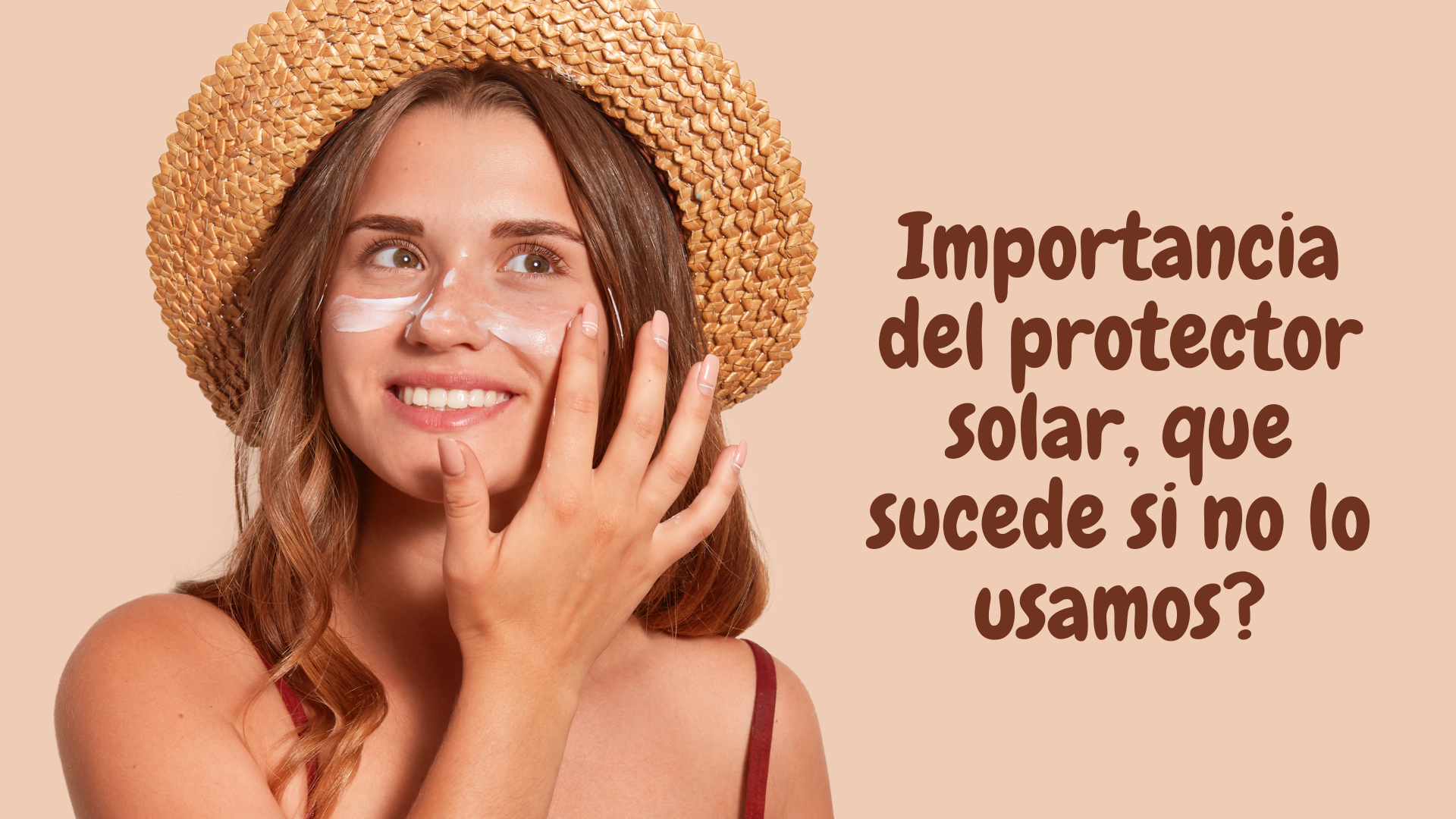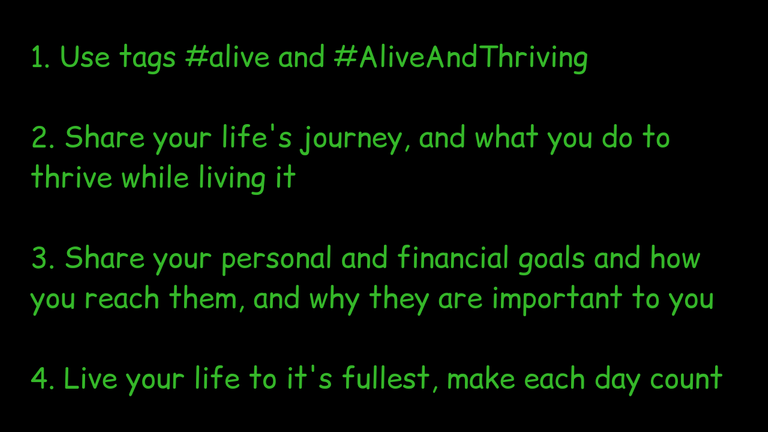
By Canva app.
El protector solar es un producto esencial en nuestra rutina diaria de cuidado de la piel. La exposición al sol es una de las principales causas de envejecimiento prematuro, arrugas, manchas y cáncer de piel. Por eso, es esencial utilizar protector solar todos los días, incluso en días nublados o cuando no estamos al aire libre.
Pero ¿Qué sucede si no usamos protector solar? La exposición excesiva al sol puede causar daño a las células de la piel, lo que aumenta el riesgo de cáncer de piel. El cáncer de piel es el cáncer más común en todo el mundo, y la exposición al sol es uno de los principales factores de riesgo. Además, el sol también puede causar manchas en la piel, arrugas y envejecimiento prematuro.
Otra consecuencia de no usar protector solar es la foto envejecimiento. El foto envejecimiento es el proceso de envejecimiento prematuro de la piel debido a la exposición al sol. Los rayos UV del sol dañan el colágeno y la elastina de la piel, lo que provoca arrugas, manchas y flacidez.
Además, la exposición al sol también puede causar problemas en la piel, como quemaduras solares, erupciones y alergias. Los rayos UV del sol también pueden causar problemas en los ojos, como cataratas y degeneración macular.
Es importante recordar que el protector solar no solo se debe usar en verano o en días soleados, sino todos los días, incluso en días nublados o cuando no estamos al aire libre. Es recomendable utilizar un protector solar con un factor de protección solar (FPS) de al menos 30, y aplicarlo generosamente en todas las áreas expuestas al sol, como el rostro, cuello, brazos y piernas.
En resumen, usar protector solar es esencial para proteger la piel de los dañinos rayos UV del sol y prevenir enfermedades de la piel, incluyendo el cáncer de piel. Es importante aplicarlo diariamente, con un FPS de al menos 30, y aplicarlo generosamente en todas las áreas expuestas al sol. No usar protector solar puede tener consecuencias graves para la salud de nuestra piel a largo plazo.




